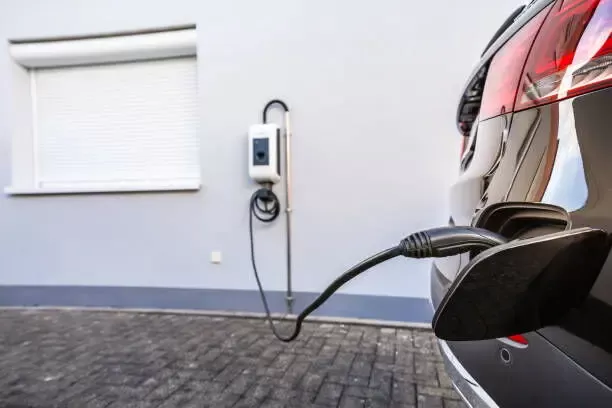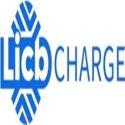Notifications

5 minutes, 42 seconds
-32 Views 0 Comments 0 Likes 0 Reviews

As a leading EV charger manufacturer in China, Topper Company provides dependable electric vehicle charging stations and comprehensive charging solutions.
Electric vehicles (EVs) are becoming a key part of modern transportation, with more drivers opting for cleaner and more sustainable travel. As a result, home EV chargers have become essential. But what do you do when your home charger malfunctions? From inconsistent charging speeds to software glitches, these issues can be frustrating—but most are fixable with some basic troubleshooting.
This guide explores common problems encountered with home EV chargers and provides clear, step-by-step advice to help you get back to smooth, reliable charging.
While generally reliable, home EV chargers can occasionally run into problems. The most frequent issues include:
1. Inconsistent Charging Speeds
Charging times that suddenly slow down or fluctuate can stem from power supply inconsistencies, cable damage, or faults in the vehicle’s onboard charger. Pinpointing the cause is key to restoring normal speeds.
2. Connector Compatibility Problems
Various charging standards (Type 1, Type 2, CHAdeMO, CCS) mean not all chargers and vehicles are directly compatible. Using the wrong connector or an uncertified adapter can lead to charging failures or even damage.
3. Software Glitches
Smart chargers with apps and scheduling features can experience bugs that disrupt charging sessions, cause false fault alerts, or prevent charging from starting.
Let’s look at practical steps to diagnose and fix these common problems:
Check your power source: Ensure your home’s electrical supply is stable. Look out for flickering lights or frequent breaker trips, which may indicate issues. Using a dedicated circuit for your charger is ideal.
Inspect the charging cable: Look for frayed wires, burns, or kinks. A cable that feels hot during use signals internal damage and needs replacing immediately.
Evaluate your vehicle: Check your EV’s dashboard for error messages. Consult your manual or visit your dealer for a diagnostic if needed.
Know your connector type: Verify whether your EV and charger use Type 1, Type 2, CHAdeMO, or CCS. Use only manufacturer-approved adapters.
Upgrade if necessary: If your current charger isn’t compatible, consider one that supports multiple standards or replaceable cables certified for your region.
Avoid force-fitting: Never force connectors or make DIY modifications—they risk damaging equipment and voiding warranties.
Reset the charger: Unplug it for 30–60 seconds, then plug back in and try charging again.
Update firmware: Check for updates via the charger’s app or website to fix bugs and improve performance.
Report persistent issues: Contact your charger’s manufacturer with error logs or screenshots for support or warranty service.
Check charging schedules: Some chargers or EVs delay charging based on time-of-use settings. Temporarily disable these to test immediate charging.
Ensure Wi-Fi connectivity: Smart chargers rely on Wi-Fi for updates and remote control. Restart your router and reconnect the charger if needed.
Avoid circuit overload: Use a dedicated circuit breaker rated for your charger’s power. Frequent trips may require a professional inspection.
Seek expert help if you notice:
Burning smells, sparks, or visible damage
Repeated breaker trips
Charging stops abruptly after starting
Persistent error codes after resets
Licensed electricians and certified EV charger technicians can safely diagnose and repair complex electrical or internal component issues.
Keep your charger in top shape by:
Keeping it clean and dry; use weatherproof covers outdoors
Properly storing cables to avoid tangling or damage
Inspecting monthly for wear or overheating signs
Monitoring charging speeds periodically
EV home chargers are designed for reliability, but occasional issues are inevitable as technology evolves. Most problems can be solved by simple checks of your power supply, cables, connectors, or software. By understanding these common issues and their fixes, you can enjoy convenient and efficient home charging with peace of mind.
When in doubt, always consult a professional or your charger’s manufacturer—your safety and your EV’s performance depend on it.Know more about Google SEO Directory
China EV Chargers EV Charger Manufacturer EV Charging Solutions

